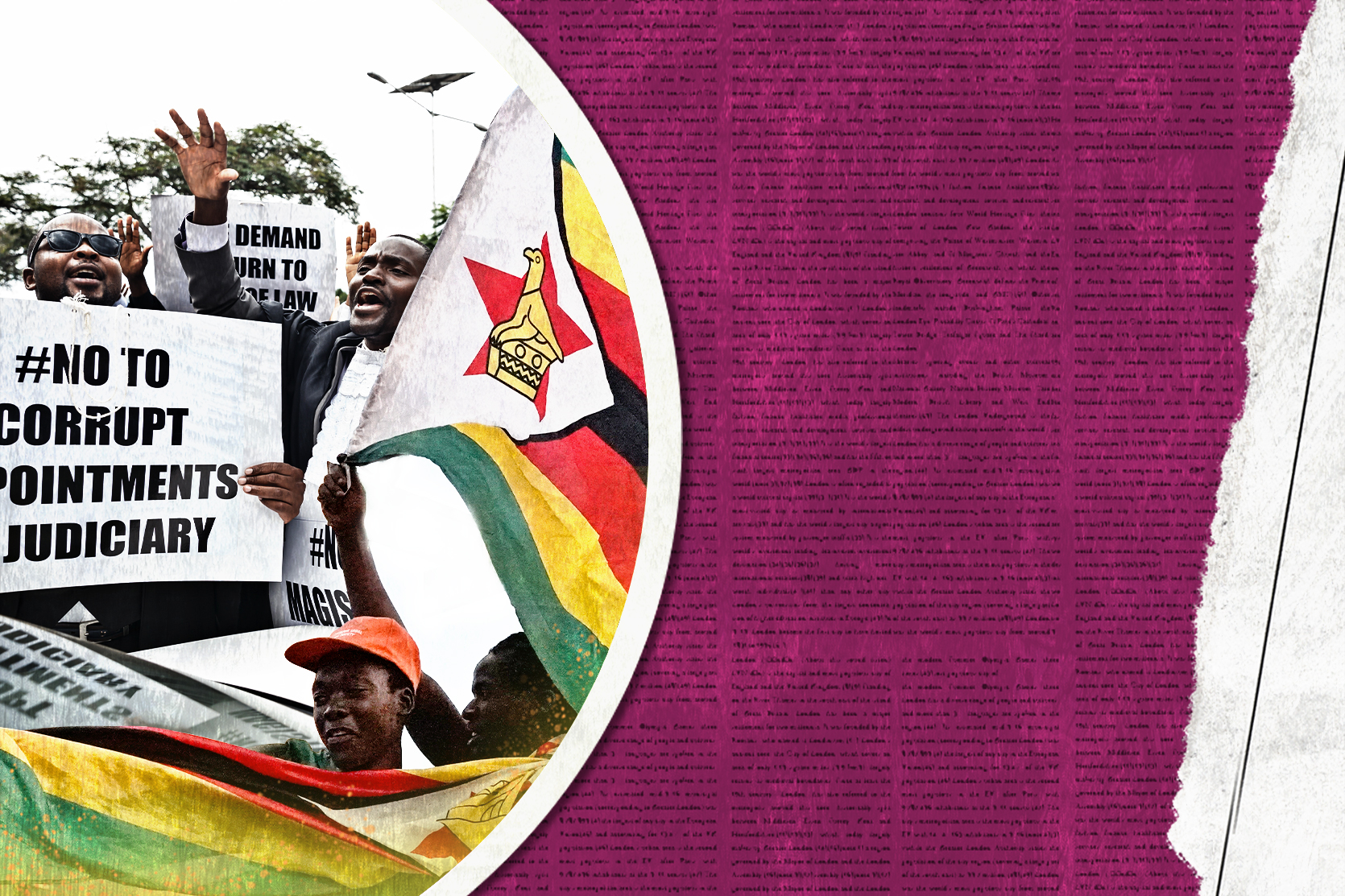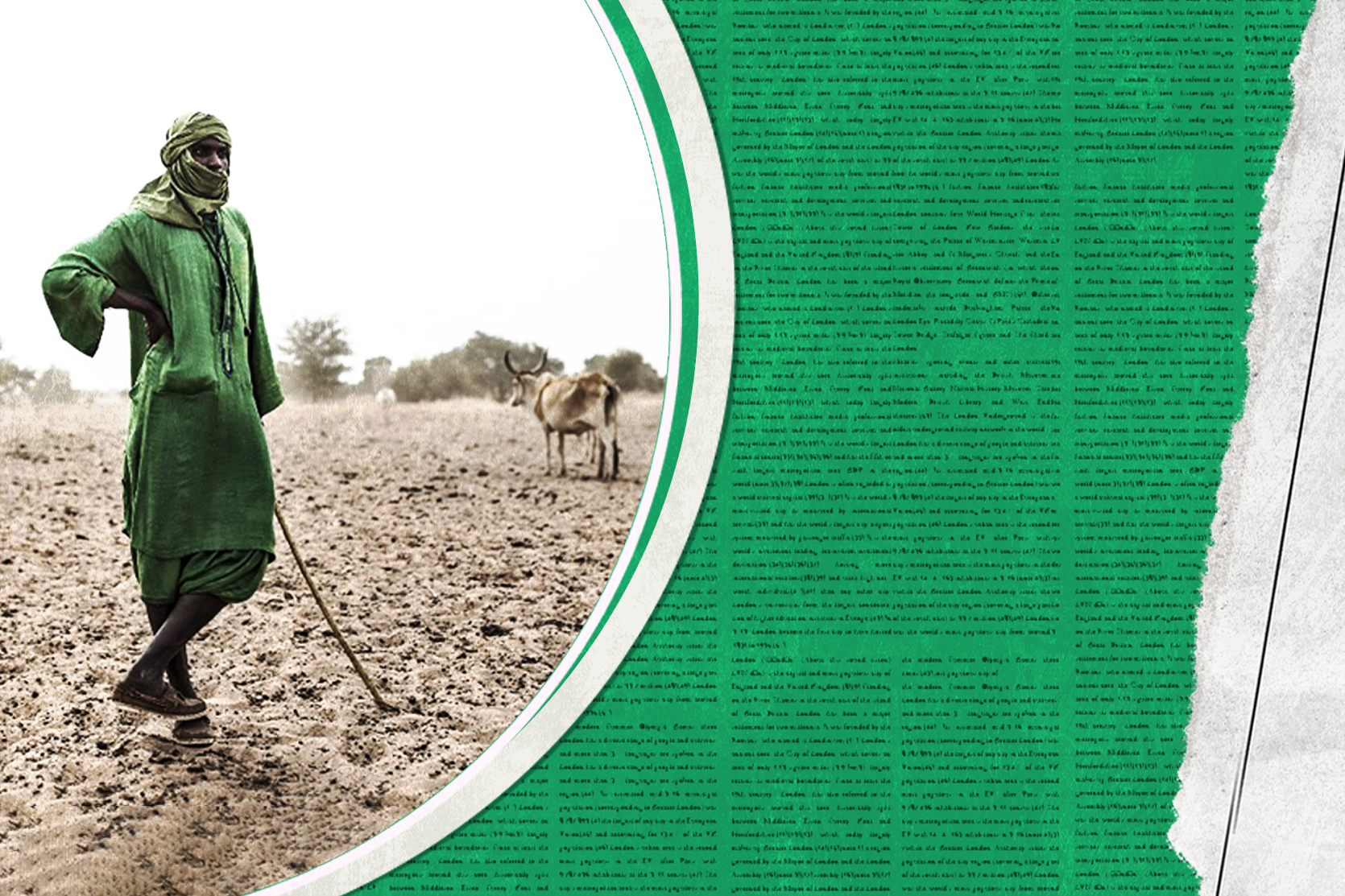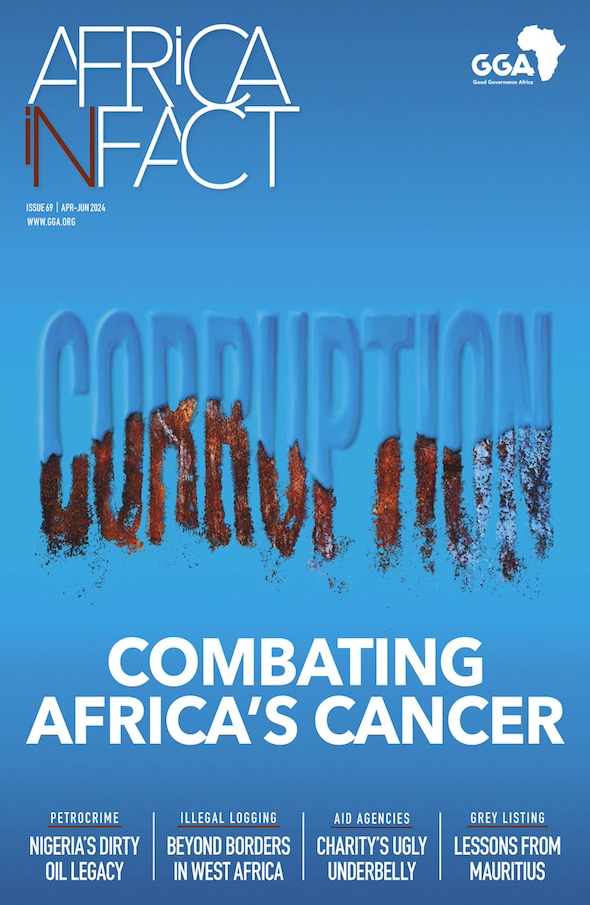What is the focus of this GGA Programme?
Articles from this programme
Zimbabwe’s autocratic legitimation and the citizen struggle in safeguarding the constitution
Zimbabwe’s constitution is clear regarding citizens’ fundamental rights and freedoms, as well as the need to create strong institutions to guard against corruption. However, 40 years after the attainment of independence, citizen efforts at safeguarding the constitution remain a challenge.
Early warning as a crisis management fundamental: Applicability to the managing of the Covid-19 pandemic funds in South Africa
The managing of any crisis tends to be defined by the extent to which suitable measures are available and implemented to address the potential impact of any such eventuality. Adjoined to the process is the degree of oversight being exercised to realise the anticipated outcomes.
Understanding the role of power, identity, communication and trust in preventing and countering violent extremism in Somalia
Across the community of practitioners, policymakers, researchers and academics involved in Preventing/Countering Violent Extremism (P/CVE), laments are often heard of a paucity of deep research in the discipline.
Going deep into Mozambique’s Cabo Delgado extremism
To counter violent extremism in places such as Mozambique’s Cabo Delgado properly, it’s necessary to understand the root causes of such conflicts and how mining operations can worsen them Since...
Zimbabwe’s ban on mobile money adds to suffering of its citizens
The Reserve Bank of Zimbabwe, which has also closed the stock exchange over forex concerns, has hit people already losing livelihood options during the Covid-19 lockdown hard The Zimbabwean...
Fulani and Jihad in West Africa: a complex relationship
With Islamist extremism on the rise in several regions of West Africa, Fulani communities are purported to be front and center. In Mali, Nigeria, and Burkina Faso, Fulani groups have been accused of waging jihad, supporting terrorists, and committing genocide of Christians.
READ BETWEEN THE LINES
Sign-up to our newsletter to get the inside track on Africa
Human Security and Climate Change
Our Human Security and Climate Change (HSCC) team explores the nexus between climate change and conflict, along with other emerging security challenges facing the continent. Climate change-induced landscape changes, along with other degradations of the natural environment, combined with poor governance, are a perfect storm for exacerbating insecurity on the continent, especially in already-fragile contexts. For instance, climate change is already driving migration, which places pressure on available resources, which in turn can generate conflict. Given that conflict systems are increasingly regional in nature and thus require an unprecedented level of coordination and collaboration between states, the programme:
- Generates timely strategic insights and analyses for policymakers and practitioners on Africa’s exigent security challenges by conducting and drawing on evidence-based research, new datasets, and emerging analytical tools;
- Aids in the development and implementation of policies through strategic partnerships, advocacy, and utilizing effective monitoring and evaluation practises.
The HSCC team is also the custodian of our Conflict in Africa Monitor (CAM), which ingests real-time data to indicate geographically where conflict risks are apparent and growing, and what might be done to mitigate them.









